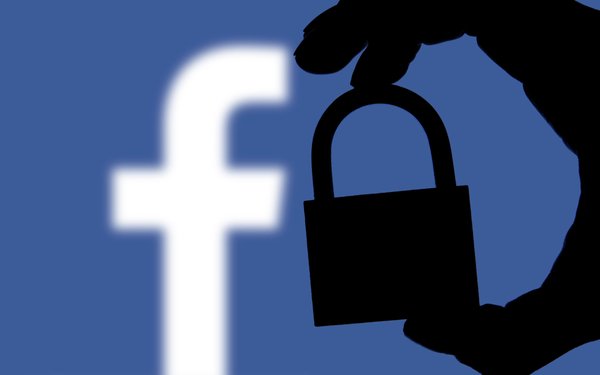
As the details of
Facebook’s latest privacy scandal continue to emerge, the tech titan is making another attempt to explain its actions.
“In the past day, we’ve been accused of disclosing
people’s private messages to partners without their knowledge,” Ime Archibong, vice president, product partnerships,Facebook writes in a new post. “That’s not true.”
Of course, Archibong is referring to the latest bombshell report in
The New York Times, which suggested Facebook shared far more data with business partners -- like Amazon, Microsoft, Netflix, and Spotify -- than users were aware.
advertisement
advertisement
Earlier this week,
Konstantinos Papamiltiadis, director of developer platforms and programs at Facebook, insisted that
the oversharing was in users’ best interest.
Now, Archibong is saying Facebook users were aware of the data-sharing partnerships — and that it is a common industry practice.
“They were clear to users and only available when people logged into these services with Facebook,” he writes. “These experiences are common in our industry.”
For
example, Facebook giving Netflix access to users’ private messages is no different than having Amazon’s Alexa read aloud a user's email, Archibong argues.
As for why Netflix or
Spotify even needed access to Facebook users’ messages, Archibong said the point was to build messaging integrations into their apps, so people could send messages to their Facebook friends.
“Specifically, we made it possible for people to message their friends what music they were listening to in Spotify or watching on Netflix directly from the Spotify or Netflix apps,” he
said.
“In order for you to write a message to a Facebook friend from within Spotify, for instance, we needed to give Spotify ‘write access,’” says Archibong. “For
you to be able to read messages back, we needed Spotify to have ‘read access.’”
Citing a Mashablestory from later 2014, Archibong also noted these
partnerships were hardly hidden from the press or the public.
Further, Archibong described such data-sharing deals as merely “experimental,” while insisting Facebook has not
engaged in such practices in nearly three years.
Earlier this week, Papamiltiadis also pointed out that none of the partnerships in question violated Facebook’s 2012 settlement with the
Federal Trade Commission. Whether the FTC -- which is still investigating Facebook's Cambridge Analytica scandal -- agrees with this assertion remains to be seen.
Analysts say these latest
revelations increase the likelihood that Facebook will face government regulation at some point in the future. Along with “plateauing user-growth,” Facebook is now threatened by
“increasing regulatory pressure,” Lynx Equity Strategies analyst KC Rajkumar, cautioned in a note to investors.